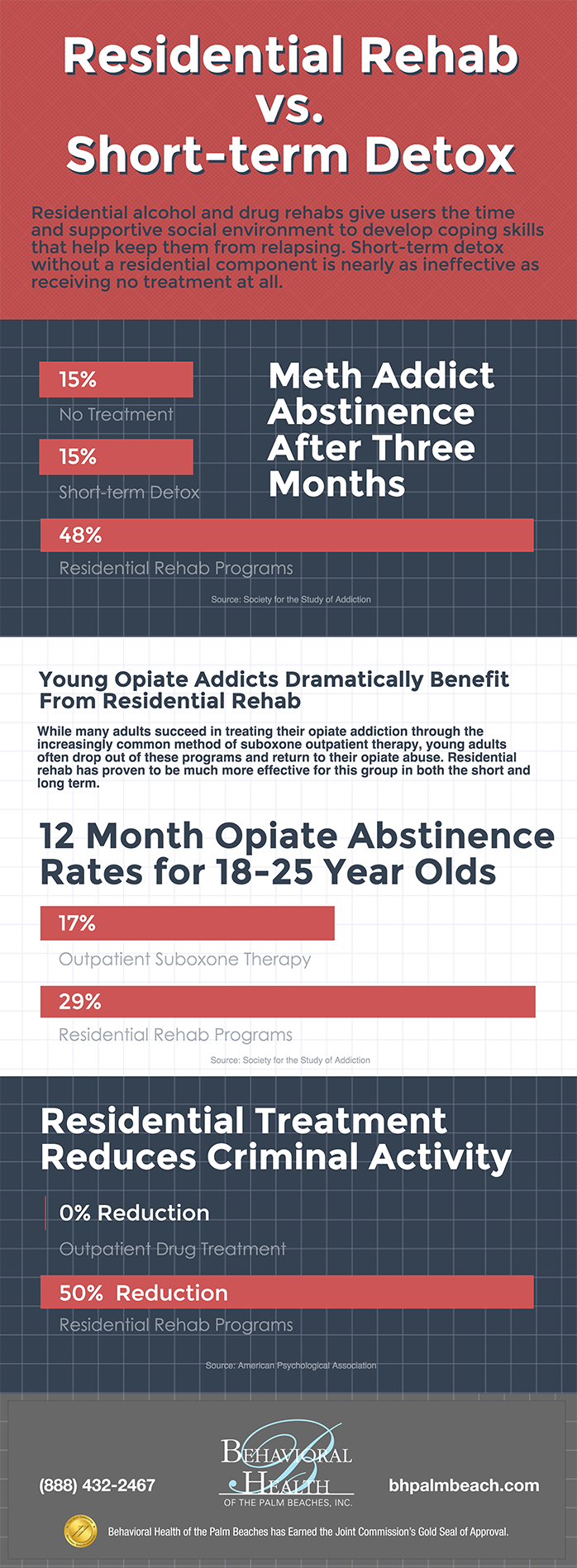Learn Just How To Construct A Strong Aftercare Plan After Drug Rehabilitation And Achieve Long-Lasting Success
Learn Just How To Construct A Strong Aftercare Plan After Drug Rehabilitation And Achieve Long-Lasting Success
Blog Article
Created By-Lawrence Mcclain
You've finished drug rehab, and currently it's time to create a successful aftercare plan to ensure your long-term recuperation.
Image this: you're an individual identified to stay tidy and build a satisfying life. Visit Web Page will direct you via identifying ongoing support group, incorporating therapy and counseling, and establishing healthy coping devices.
With these strategies, you'll be furnished to prosper in your journey of sobriety.
Let's get started.
Identifying Ongoing Support Equipments
You ought to recognize at the very least 3 ongoing support group to make certain a successful healing after drug rehabilitation.
The first support group is your family and friends. They can give emotional support, motivation, and help you stay answerable. visit the up coming site can likewise give a risk-free and understanding environment where you can share your struggles and success.
The second support group is your specialist or therapist. They can aid you work through any underlying problems that might have added to your addiction and give support on just how to stay clear of regression. They can also educate you coping mechanisms and healthy ways to handle stress.
WhiteSands drug rehab 33684 is a support system or a sober neighborhood. Being surrounded by others that are undergoing comparable experiences can be incredibly useful. Learn Alot more Here can provide a feeling of belonging, comprehending, and deal beneficial guidance and support.
Incorporating Therapy and Counseling
To achieve an effective healing, it is very important for you to proactively participate in therapy and therapy sessions, along with incorporate them right into your ongoing support group. By doing so, you can take full advantage of the advantages of these therapy modalities and raise your chances of maintaining long-term soberness.
Here are some essential reasons why incorporating treatment and therapy into your aftercare strategy is critical:
- ** Emotional Support: ** Treatment and counseling provide a risk-free area for you to express your thoughts, sensations, and has a hard time related to your dependency. It enables you to resolve any kind of unsolved issues and establish healthy and balanced coping devices.
- ** Slip back Prevention: ** These sessions equip you with the essential devices and approaches to prevent regression. They assist you determine triggers, establish coping abilities, and develop a solid foundation for taking care of cravings and stress and anxiety.
- ** Personal Growth: ** Therapy and counseling facilitate individual growth and self-discovery. They aid you gain understanding into the underlying causes of your dependency, boost self-worth, and develop much healthier relationships.
Creating Healthy And Balanced Coping Mechanisms
During treatment and counseling sessions, it's essential to proactively work with creating healthy and balanced coping systems in order to effectively manage stress and challenges.
You need to identify and recognize your triggers, those things that trigger you distress or anxiety. By recognizing these triggers, you can create methods to cope with them in a healthy and balanced method. This may involve exercising deep breathing workouts, participating in physical activity, or finding an innovative electrical outlet to share your emotions.
It's important to also surround on your own with a strong support system of friends and family that can offer encouragement and guidance.
Furthermore, self-care activities such as getting enough rest, consuming well, and practicing leisure techniques can greatly add to your general health.
Verdict
In the journey towards recuperation, creating a successful aftercare strategy is like tending to a fragile yard. Just as a gardener nurtures each plant with treatment and attention, so too should one cultivate continuous support systems, incorporate therapy and counseling, and develop healthy coping devices.
By doing so, the seeds of recovery will bloom into a prospering yard, offering a solid foundation for a brighter, drug-free future.
